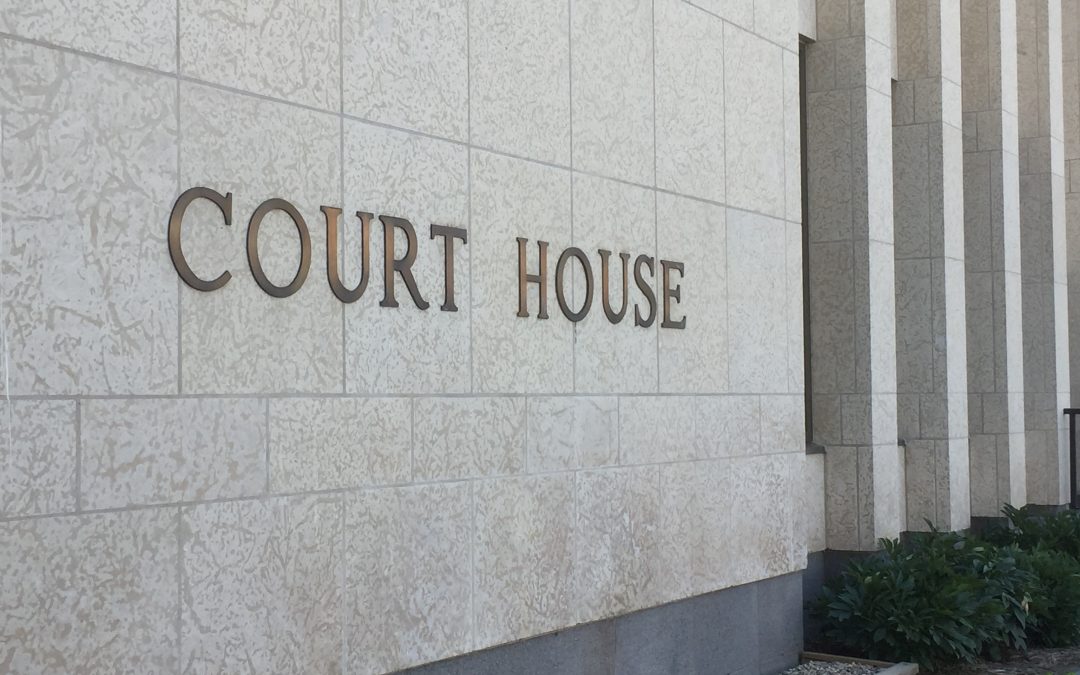“A miscarriage of justice” – that was a statement uttered multiple times at a press conference at the FSIN Head Office in Saskatoon Tuesday morning.
The event was called following a court decision on Friday that saw a charge stayed in a high-profile THC impaired driving case.
9-year-old Baeleigh Maurice was killed on a crosswalk in September 2021 after she was struck by a vehicle. Taylor Kennedy would eventually be charged with THC impaired driving causing Baeleigh’s death.
Kennedy’s trial, however, saw numerous delays. These delays could be attributed to Covid-19 restrictions as well as numerous challenges brought forward by Kennedy’s defense lawyer saying the police investigation into the matter had infringed upon her charter and constitutional rights. One of those challenges was over statements Kennedy made to police officers admitting to taking THC and mushrooms the day prior to the incident.
On Friday, A Saskatchewan judge ruled the trial had taken too long effectively staying the charges against Kennedy. The judge took guidance from a Supreme Court of Canada precedent that a court matter should not exceed 18 months. This means Kennedy will face no further prosecution or any outcomes resulting from the charge.
“Miscarriage of justice”
The decision by the courts caused outrage by Baeleigh Maurice’s family and First Nation leaders who voiced their frustration on Tuesday morning.
“From day one we have watched a miscarriage of justice,” said family friend Sarah Smokeyday who worked in the justice system with Baeleigh Maurice’s mom Rochelle Dubois at the time of Baeleigh’s death.
“She asked for me to speak for her today because she lost her voice and we can see in the justice system that is true,” said Smokeyday. “Through this court proceeding, there was a lot of conversation about the laws and laws that would be challenged. There’s a lot of conversation about the rights of someone (on trial). But there wasn’t a lot of conversation around the victim, Baeleigh, and the victims that are surviving her.”
FSIN Vice-Chief Craig McCallum called it a “profound miscarriage of justice.”
“The system prioritized timelines over the life of a child,” he said. “Our children deserve better. Baeleigh deserved better.”
Other First Nation leaders also spoke on the matter.
“We cannot sit by while injustices are railroading our people,” said Pasqua First Nation chief Todd Peigan.
“Justice delayed is justice denied,” said FSIN Vice-Chief Fabian Head.
Rochelle Dubois did not speak during most of the press conference; however, she did respond when a reporter asked what the most painful thing was in this whole process.
“No accountability, no remorse,” she said.
Hopes for change – Baeliegh’s Law
In the meantime, those gathered at the press conference say they will push for an appeal of the judge’s decision.
For Sarah Smokeyday, she believes this court decision will also be a catalyst for change.
“This is gonna be looked back upon as a terrible event in our justice system, and we pray that Baeleigh’s name will create the change that our community needs to see,” she said. “We believe that Baeleigh is going to change the world.”
FSIN Vice-Chief McCallum says they plan on bringing forward several amendments to the Criminal Code of Canada as well. These proposed changes would be known as Baeliegh’s Law.
These amendments would focus on court delays especially around matters with child victims. The proposed changes would try to prevent the abuse of delays in criminal cases, provide greater supports for family’s of child victims, would prohibit charge stays in child death issues, and would re-evaluate impaired driving laws.
“Something good will come from this,” he said.
In the meantime, the family of Baeleigh Maurice say a permanent memorial will be placed at the intersection of her death at some point in 2025.
